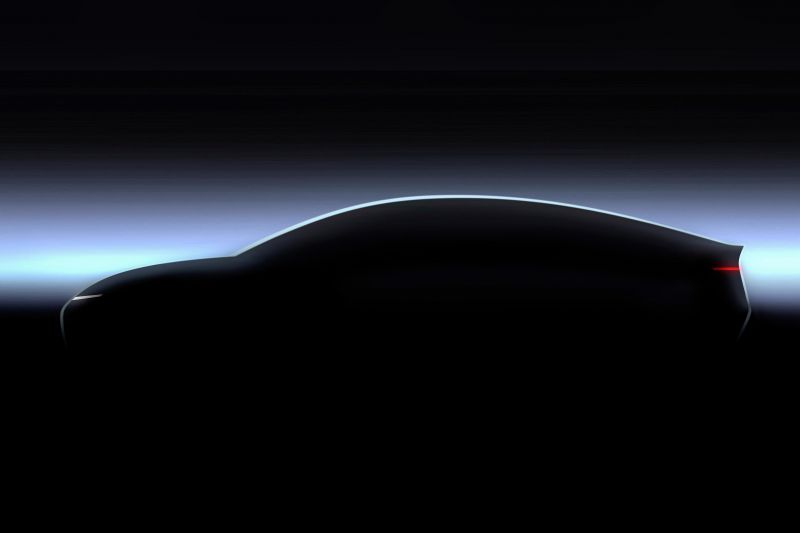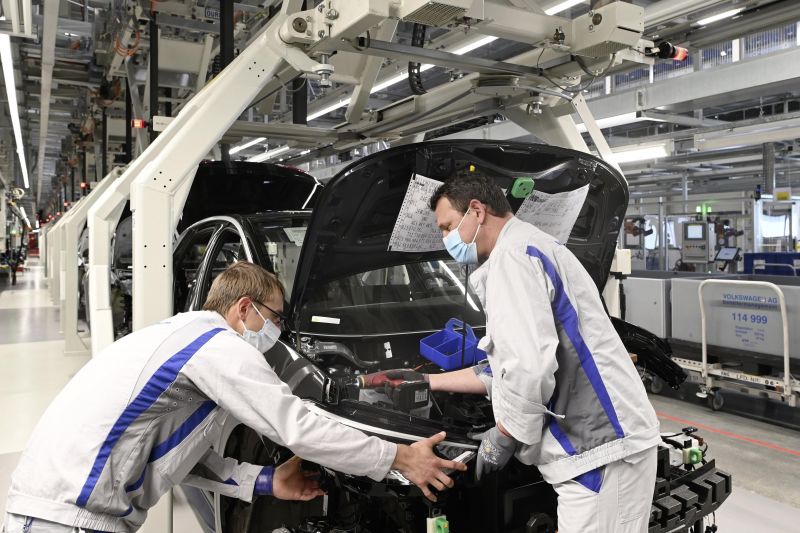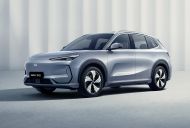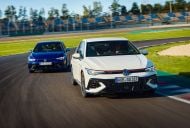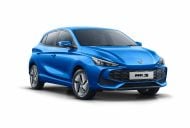German automotive giant Volkswagen is reportedly further delaying the launch of its flagship Trinity electric vehicle (EV), with the battery-powered version of its iconic Golf called up to the crease early.
Handelsblatt – via Automotive News Europe – reports the electric ninth-generation Golf could debut earlier than 2029, despite suggestions Volkswagen had recently delayed its launch from 2028 by 15 months.
As previously reported, the electric Golf – codenamed ID. Golf – will be the brand’s first model to be based on its Scalable Systems Platform (SSP), an EV architecture initially intended to launch in the Trinity flagship.
It won’t be the first car to use SSP though, with the electric Audi A4 reportedly launching in 2028 using the Volkswagen Group architecture.
The latest report also suggests there’s been another significant delay in Trinity’s launch, having first been scheduled for release in 2026, and then 2028, 2030 and now 2032, according to Handelsblatt.
Previous delays have been attributed to software-related issues, with Volkswagen setting its sights on developing a vehicle which could rival and exceed Tesla’s semi-autonomous driving capabilities.
Volkswagen had planned to build a dedicated factory for Trinity, investing €2 billion (A$3.3 billion) towards the plant which was expected to produce one vehicle every 10 hours.
In October 2023 it backed down from these plans, instead confirming Trinity and the electric Golf Mk9 would instead be built at the Zwickau facility which currently produces Volkswagen’s ID.3, ID.4, and ID.5, as well as the Cupra Born, and Audi Q4 e-tron.
Handelsblatt also reports the latest delay will help the Volkswagen Group recover some development costs from its existing MEB and PPE platforms, with the former due to be upgraded in 2026 as a part of a partnership with Rivian.
Volkswagen is one of the now many carmakers which has adjusted its EV development and launch targets following a cooling of demand for battery-powered vehicles globally.
Current CEO Oliver Blume has also been on a cost-cutting mission since taking over from former head Herbert Diess, who heavily invested in EVs and often praised Tesla for its success in the market.
As reported last month, the petrol-powered Golf is now expected to remain in production alongside the all-electric model until 2035, should EV demand not spark back to previous levels.
MORE: Everything Volkswagen
MORE: Volkswagen’s flagship electric cars won’t get their own factory anymore
MORE: Volkswagen Golf: Petrol power could stick around after EV rethink – report





